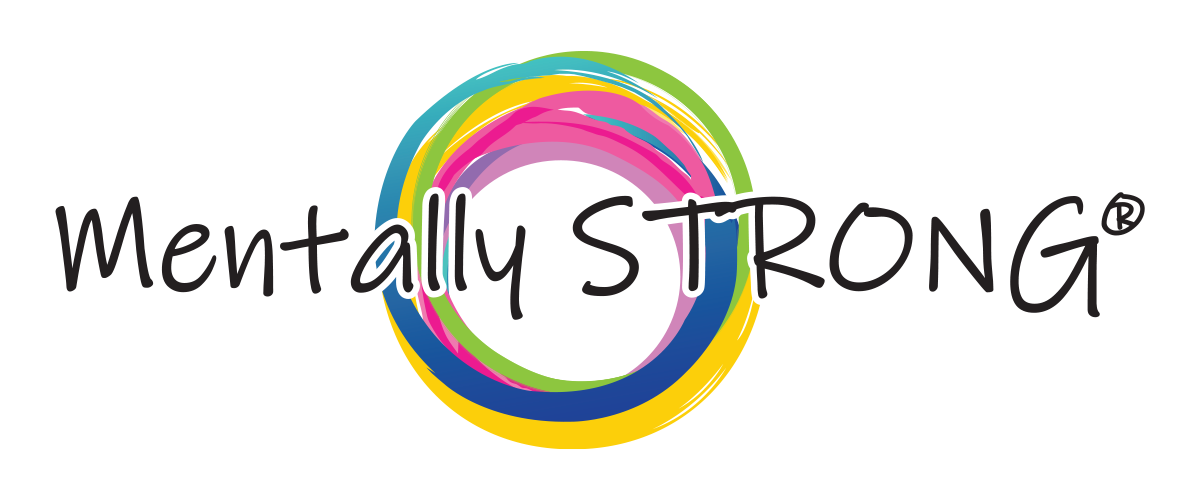In these trying times, it’s more important than ever to find ways to cope with our grief and anxiety. We’re all looking for ways to make sense of the pain, loss, and confusion we’re feeling. And while there is no one-size-fits-all solution, I believe that dialectical thinking can be a helpful tool in managing our grief. So, what is dialectical thinking? Simply put, it’s a way of thinking that acknowledges both the existence of opposing ideas and the need to find a resolution that encompasses both.
Dialectical thinking can help us find peace in grief by allowing us to see both sides of our pain and by giving us a framework for resolving our conflicting emotions. On the one hand, we may be experiencing deep sadness and longing for what we’ve lost. On the other hand, we may be feeling relief or even happiness at being freed from a difficult situation. Recognizing and accepting both of these truths can help us move through our grief in a more holistic and productive way.
Why We Need Opposing Views
In order to find peace in our grief, we need to be able to hold two contradictory ideas in our minds at the same time. This may seem impossible, but it’s actually a skill that we use all the time. For example, when we love someone, we also recognize their flaws; when we’re happy, we also know that sadness exists; when we’re grateful for what we have, we’re also aware of what we don’t have. Dialectical thinking allows us to see both sides of every issue so that we can make more informed decisions.
How Dialectical Thinking Can Help Us Grieve
When applied to grief, dialectical thinking can help us move through our conflicting emotions in a more productive way. By recognizing that both our pain and our relief are valid, we can start to make peace with our loss. We can allow ourselves to grieve without getting stuck in sadness or resisting our natural urge to move on. Dialectical thinking can also help us see our grief as an opportunity for growth and transformation. Instead of seeing loss as something negative, we can start to see it as a chance to learn and evolve.
If you’re struggling to make sense of your grief, I encourage you to try dialectical thinking.
Watch Dr. Cristi Bundukamara video about 45 Days of grief Episode 2 | Dialectical Thinking to understand this topic further.
It’s a powerful tool that can help us find peace amidst the chaos and confusion of loss. Remember: it’s okay to feel both pain and relief, sadness and happiness, gratitude and anger. By holding these opposites in mind, we can start to see our grief as an essential part of the human experience—and one that can offer profound insights into who we are and how we want to live our lives.

